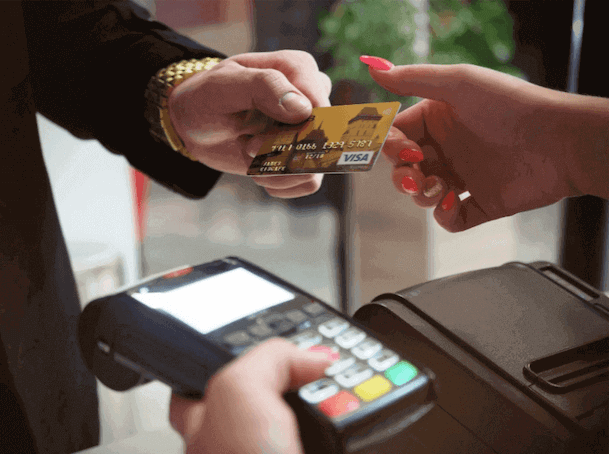Continuous Payment Authority is a method of collection which various UK lenders use to automatically collect funds from a customer. It takes place on the date that it is agreed the funds will be repaid to the lender. Continuous Payment Authority is also known as ‘recurring payments’, and is used by many payday lenders in the US.
How Does Continuous Payment Authority Work?
Continuous Payment Authority works through a lender being able to tokenise the debit card of the borrower after they have applied for a loan. Usually, the lender will be required to remove 10p from the borrower’s bank account and then repay it.
This demonstrates to the lender that the borrower’s card works properly, ensuring that in the future the collections will be able to take place. The lender should also record the card details so that the payments can be collected automatically on the agreed dates.
When the Continuous Payment Authority is taking place, the Continuous Payment Authority will notify the customer’s account when the transaction is taking place. The lender is usually charged for using a Continuous Payment Authority system, but this will provide them with the flexibility to withdraw funds from the borrower’s account as they desire. Whilst it must be arranged in advance, a CPA is not an arrangement to pay.
There are FCA guidelines in place at all times to prohibit the lender from withdrawing funds that the borrower has not consented to.
What is The Difference Between Continuous Payment Authority and Direct Debit?
The difference between Continuous Payment Authority and direct debit is the borrower has the right to cancel a direct debit at any time, whereas with Continuous Payment Authority, this is not possible.
Continuous Payment Authority and direct debits are similar in the sense that there is an initial setup to withdraw funds from the customer’s bank account, and the collections are automated on a monthly basis.

Continuous Payment Authority has advantages for lenders as well as borrowers.
Can I Cancel A Continuous Payment Authority?
It is possible to cancel your Continuous Payment Authority at any time, however you will have to request that the bank or the lender does so on your behalf. It is not possible to cancel your Continuous Payment Authority yourself in the same way that it is with a direct debit.
You may wish to cancel your Continuous Payment Authority because you have other expenses to pay, so you do not wish for the lender to withdraw money from your account. This would then require you deferring your monthly payment on this loan.

You can cancel your Continuous Payment Authority at any time.
Why Do Lenders Use Continuous Payment Authority?
Lenders often use Continuous Payment Authority because it is useful and convenient for withdrawing funds from customers bank accounts to make collections on a monthly basis. Once Continuous Payment Authority is set up with a customer’s account, the transaction is automatic and collections do not have to be handled physically.
Continuous Payment Authority is also scalable for lenders, so it is useful that collections are not required to be handled manually during the end of the month when most repayments are scheduled to be made.
If payments do fail, the lender has the option to set up a messaging system via email or SMS, where the same message can be sent to each individual who had a payment issue. This can then prompt them to deposit funds into the required account or update their card as necessary.
Was this article helpful?
Justine is a full-time writer with lots of expertise and a wealth of experience in the financial world. In particular, she specializes in household income and consumer finance across the United States. Follow her articles for useful advice and top tips, guides on how to save money and lots more.
